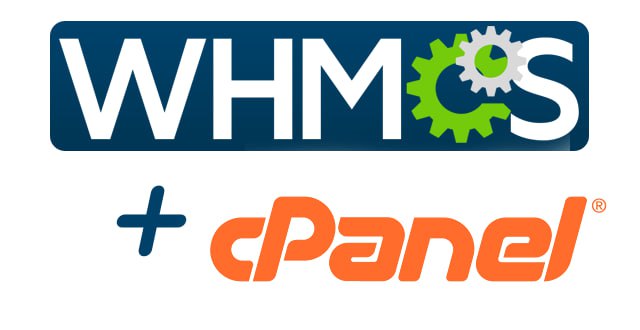
In the fast-paced world of web hosting, efficiency and automation are key factors in the success of hosting providers. WHMCS, short for Web Host Manager Complete Solution, stands as a comprehensive and integrated platform designed to streamline and automate various aspects of web hosting management. In this article, we will delve into the features, benefits, and functionalities that make WHMCS an indispensable tool for hosting providers.
A- Understanding WHMCS
WHMCS is a web hosting automation platform that combines billing, client management, and support functionalities into a unified solution. Originally developed as a billing and support system for cPanel and WHM (Web Host Manager), WHMCS has evolved to encompass a broader range of hosting environments, making it a versatile choice for hosting providers of all sizes.
B- Key Features of WHMCS
1- Billing and Invoicing: WHMCS automates the billing process, allowing hosting providers to create and send invoices, process payments, and manage subscriptions seamlessly. It supports various payment gateways, making it convenient for both providers and clients.
2- Client Management: The platform facilitates efficient client management, providing a centralized database for customer information, support tickets, and communication history. This enables hosting providers to offer personalized services and support.
3- Product and Service Management: WHMCS allows hosting providers to easily define and manage hosting plans, domain registrations, and other services. The platform automates the provisioning and suspension of services based on payment status.
4- Automated Support Ticket System: With an integrated support ticket system, WHMCS enables hosting providers to efficiently handle customer inquiries, issues, and requests. Automation features help prioritize and assign tickets, ensuring timely responses.
5- Integration with Control Panels: WHMCS seamlessly integrates with popular control panels like cPanel, Plesk, and others. This integration allows hosting providers to manage server configurations, accounts, and resources directly from the WHMCS interface.
6- Domain Management: WHMCS supports domain registration and management, allowing providers to offer domain services to their clients. The platform automates domain registration, renewal, and transfer processes.
7- Customizable and Extendable: WHMCS provides customization options, allowing hosting providers to brand the platform according to their business identity. Additionally, third-party modules and extensions can be integrated to extend functionality.
C- How WHMCS Works
1- Client Signup and Onboarding: Clients sign up for hosting services through the WHMCS interface, selecting their preferred hosting plans and services.
2- Billing and Invoicing: WHMCS generates invoices and handles payment transactions based on the chosen billing cycle. It supports various payment gateways for secure and convenient transactions.
3- Service Provisioning: Upon successful payment, WHMCS automates the provisioning of hosting services, creating accounts, and configuring server resources as defined by the hosting plans.
4- Client Support: The integrated support ticket system allows clients to submit inquiries and issues. Hosting providers can efficiently manage and respond to tickets, ensuring a high level of customer satisfaction.
Conclusion
WHMCS plays a pivotal role in the success of hosting providers by automating and centralizing key aspects of their operations. With its comprehensive set of features and user-friendly interface, WHMCS empowers hosting businesses to focus on growth and customer satisfaction in an increasingly competitive industry. As the digital landscape continues to evolve, platforms like WHMCS remain essential tools for the efficient management of web hosting services.







